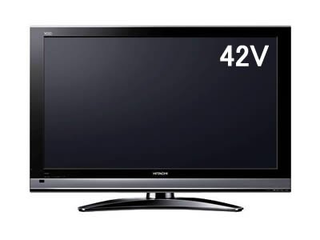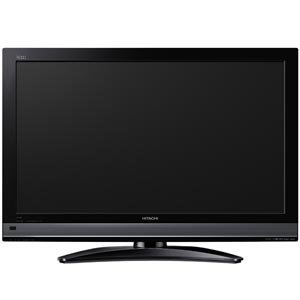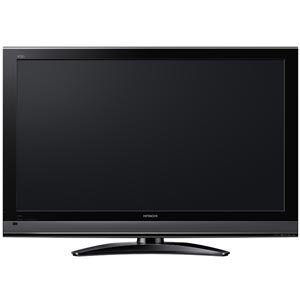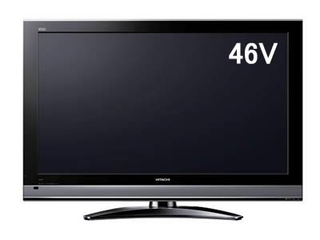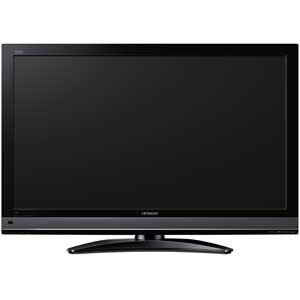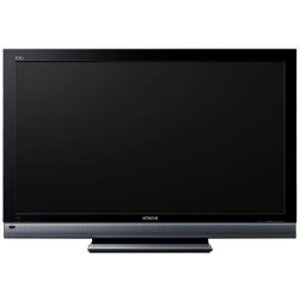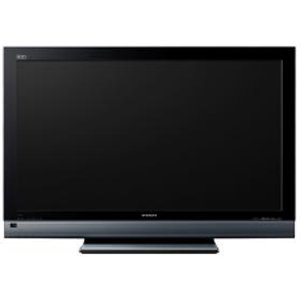はじめに設テすビ置レるを接すCopyright © 1991, 1999 Free Software Foundation, Inc. 51 Franklin St, Fifth Floor, Boston, MA 02110-1301 USAEveryone is permitted to copy and distribute verbatim copies of this license document, but changing it is not allowed.機GNU LESSER GENERAL PUBLIC LICENSE Version 2.1, February 1999外続る部器を楽テむビ[This is the first released version of the Lesser GPL. It also counts as the successor of the GNU Library Public License, version 2, hencethe version number 2.1.]PreambleThe licenses for most software are designed to take away yourfreedom to share and change it. By contrast, the GNU GeneralPublic Licenses are intended to guarantee your freedom to shareand change free software--to make sure the software is free for allits users.This license, the Lesser General Public License, applies to somespecially designated software packages--typically libraries--ofthe Free Software Foundation and other authors who decide touse it. You can use it too, but we suggest you first think carefullyabout whether this license or the ordinary General Public Licenseis the better strategy to use in any particular case, based on theexplanations below.When we speak of free software, we are referring to freedomof use, not price. Our General Public Licenses are designed tomake sure that you have the freedom to distribute copies of freesoftware (and charge for this service if you wish); that you receivesource code or can get it if you want it; that you can change thesoftware and use pieces of it in new free programs; and that youare informed that you can do these things.To protect your rights, we need to make restrictions that forbiddistributors to deny you these rights or to ask you to surrenderthese rights. These restrictions translate to certain responsibilitiesfor you if you distribute copies of the library or if you modify it.For example, if you distribute copies of the library, whether gratisor for a fee, you must give the recipients all the rights that wegave you. You must make sure that they, too, receive or can getthe source code. If you link other code with the library, you mustprovide complete object files to the recipients, so that they canrelink them with the library after making changes to the library andrecompiling it. And you must show them these terms so they knowtheir rights.We protect your rights with a two-step method: (1) we copyrightthe library, and (2) we offer you this license, which gives you legalpermission to copy, distribute and/or modify the library.To protect each distributor, we want to make it very clear thatthere is no warranty for the free library. Also, if the library ismodified by someone else and passed on, the recipients shouldknow that what they have is not the original version, so that theoriginal author's reputation will not be affected by problems thatmight be introduced by others.Finally, software patents pose a constant threat to the existenceof any free program. We wish to make sure that a companycannot effectively restrict the users of a free program by obtaininga restrictive license from a patent holder. Therefore, we insist thatany patent license obtained for a version of the library must beconsistent with the full freedom of use specified in this license.Most GNU software, including some libraries, is covered by theordinary GNU General Public License. This license, the GNULesser General Public License, applies to certain designatedlibraries, and is quite different from the ordinary General PublicLicense. We use this license for certain libraries in order to permitlinking those libraries into non-free programs.しレをWhen a program is linked with a library, whether staticallyor using a shared library, the combination of the two is legallyspeaking a combined work, a derivative of the original library. Theordinary General Public License therefore permits such linkingonly if the entire combination fits its criteria of freedom. TheLesser General Public License permits more lax criteria for linkingother code with the library.録番・を画組予 約 す る We call this license the "Lesser" General Public Licensebecause it does Less to protect the user's freedom than theordinary General Public License. It also provides other freesoftware developers Less of an advantage over competing nonfree programs. These disadvantages are the reason we use theordinary General Public License for many libraries. However,the Lesser license provides advantages in certain specialcircumstances.な録を番ど画楽組し・む写真For example, on rare occasions, there may be a special need toencourage the widest possible use of a certain library, so that itbecomes a de-facto standard. To achieve this, non-free programsmust be allowed to use the library. A more frequent case is that afree library does the same job as widely used non-free libraries.In this case, there is little to gain by limiting the free library to freesoftware only, so we use the Lesser General Public License.機接をしIn other cases, permission to use a particular library in nonfree programs enables a greater number of people to use a largebody of free software. For example, permission to use the GNUC Library in non-free programs enables many more people to usethe whole GNU operating system, as well as its variant, the GNU/Linux operating system.ー続器た楽しむサイビタンースネをッ楽トしAlthough the Lesser General Public License is Less protective ofthe users' freedom, it does ensure that the user of a program thatis linked with the Library has the freedom and the wherewithal torun that program using a modified version of the Library.むをThe precise terms and conditions for copying, distribution andmodification follow. Pay close attention to the difference betweena "work based on the library" and a "work that uses the library".The former contains code derived from the library, whereas thelatter must be combined with the library in order to run.楽 Aし Vネむ ットワークにおせみGNU LESSER GENERAL PUBLIC LICENSETERMS AND CONDITIONS FOR COPYING,DISTRIBUTION AND MODIFICATION合好てや使0. This License Agreement applies to any software library orother program which contains a notice placed by the copyrightholder or other authorized party saying it may be distributed underthe terms of this Lesser General Public License (also called "thisLicense"). Each licensee is addressed as "you".設定用す状る態し個いに別A "library" means a collection of software functions and/or dataprepared so as to be conveniently linked with application programs(which use some of those functions and data) to form executables.たThe "Library", below, refers to any such software library or workwhich has been distributed under these terms. A "work based onthe Library" means either the Library or any derivative work undercopyright law: that is to say, a work containing the Library or aportion of it, either verbatim or with modifications and/or translatedと設き定と困はたき他のそっ283









![前ページ カーソルキー[←]でも移動](http://gizport.jp/static/images/arrow_left2.png)





































































































